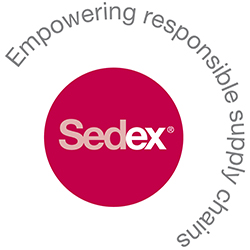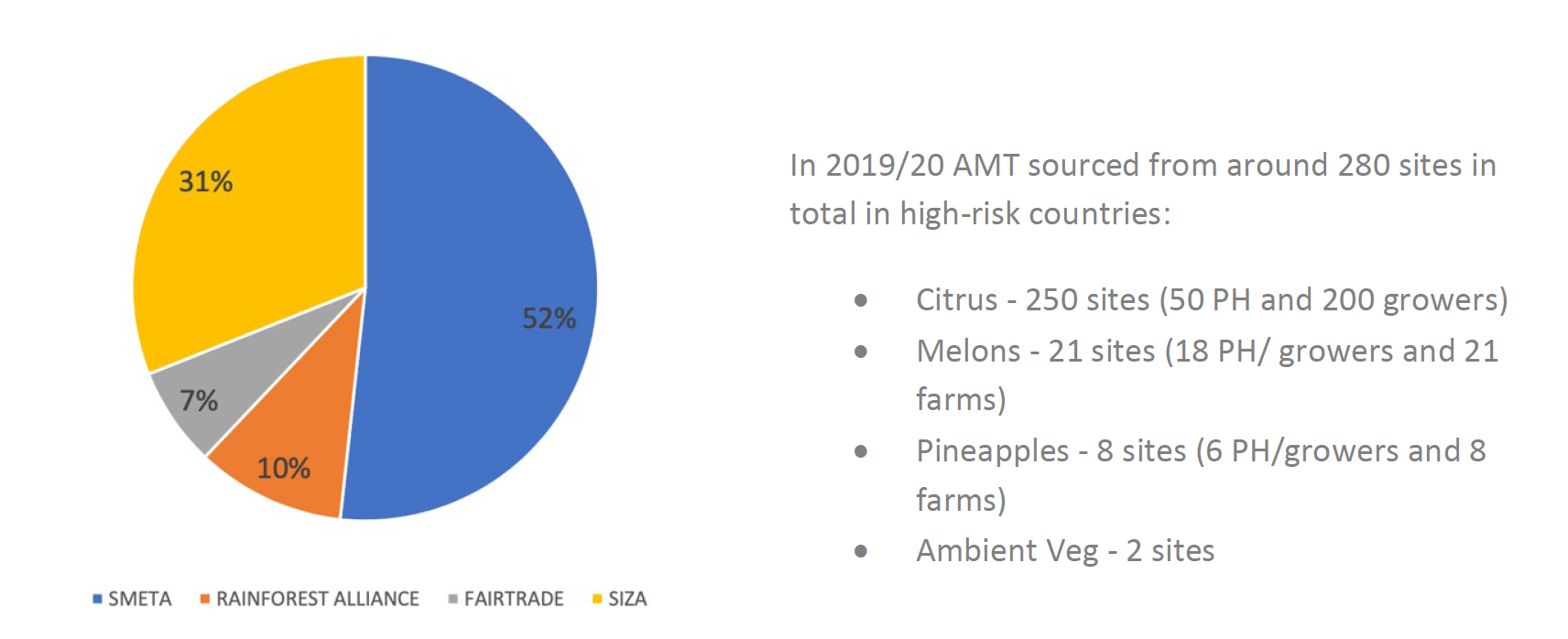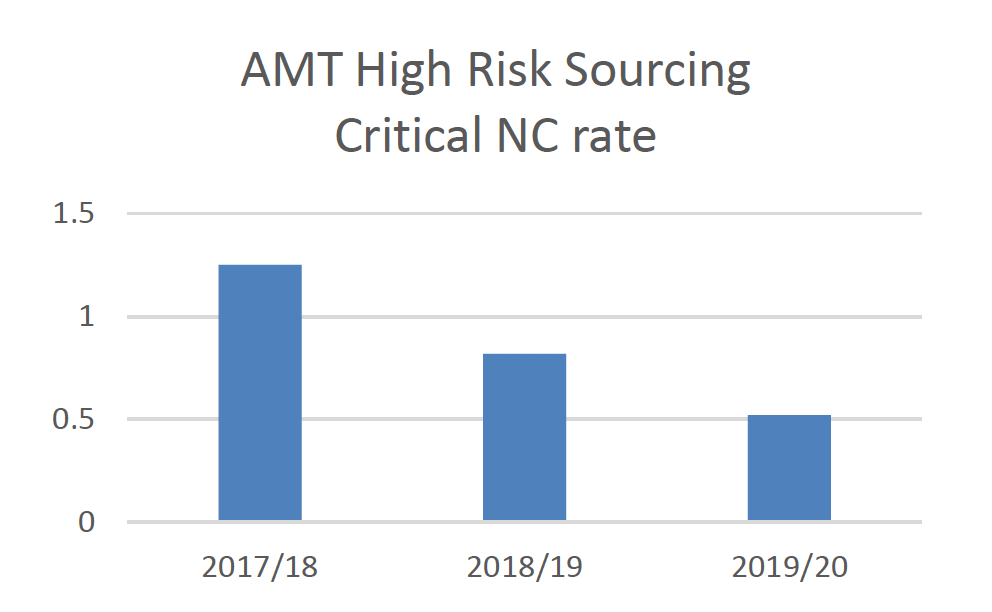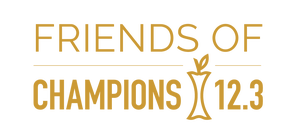Modern Slavery Statement FY 2019/2020

In order to address the requirements of the Modern Slavery Act 2015, AMT FRESH has produced this statement to detail the controls in place and actions taken to identify and eradicate Modern Slavery and Human Trafficking within its operations and supply chains.
At AMT FRESH (part of the AM FRESH Group) we believe that everyone should be treated with respect, dignity and equality and that a workplace should be safe and fair. These principles are rights that should also be respected throughout our supply chains. We are constantly seeking to work collaboratively with suppliers and customers that share our principles.
Our Business
AMT FRESH is a dedicated partnership supplier to Tesco UK for fresh products that include citrus, grapes, melons, pineapples, butternut squash, courgettes and aubergines. In addition, our group innovation businesses Citrus Genesis and Grape Genesis are at the cutting edge of varietal developments that facilitate strategic relationships with our supply base.
Supply Chain
Our raw materials are sourced globally, predominantly Europe, Africa and The Americas. Purchasing is subject to Tesco UK buying teams’ and Tesco Hub Offices’ approval. Raw material sourcing strategies are based upon supplier: sustainability, capability and risk factors within which ethical standards are fundamental, along with quality, technical and service.
Across our supply base we procure from three broad sources. These are:
1. Fellow AM FRESH Group Companies
2. Joint ventures
3. Other known sources
Fellow AM FRESH Group Companies: Supply comes from farms which are directly owned by AM FRESH Group Companies. We have a very close working relationship with the management teams and an increased understanding of the way in which people are managed. In many of these cases, these businesses have their own directly employed harvest teams minimising risks associated with temporary or transient labour sourcing.
Joint Ventures: Citrus Genesis and Grape Genesis breeding programmes have facilitated joint ventures with several large agribusinesses around the world. One benefit of these joint ventures is a better understanding of the supplier’s business and a collaborative approach to mitigating risk.
Known Sources: The remainder of raw materials come from other known sources and suppliers with whom we have chosen, together with Tesco to develop strong, long lasting relationships.
Our sourcing models and close commercial relationships ensure that we maintain a strong knowledge of how our suppliers operate their businesses. Further to this, our directly employed audit, technical and quality managers visit our suppliers throughout the year following Tesco’s sourcing calendar around the world. When visiting suppliers, they not only check on quality and audit technical standards but also take a proactive approach in identifying indicators of potential labour issues. This also means we are able to advise suppliers on best practice and help them make positive changes to their labour management practices.
Due Diligence & Monitoring
Our existing UK service provision site in Newmarket undergoes an independent third-party Supplier Ethical Data Exchange (Sedex) Members Ethical Trade Audit (SMETA) every two years. Their agency labour provider is Gangmasters and Labour Abuse Authority (GLAA) licensed and is audited every two years. Internal audits and spot checks are also scheduled throughout the year by the service provider and a whistle blowing facility is in place and well-advertised within the facility and during worker inductions.
In May 2020, a new group facility was inaugurated in Peterborough, AMK FRESH Services, which will be the dedicated packing site for AMT going forward. 2020 has been a transition period for the site, with each of our categories moving across in a staged process. The site is a state-of-the-art sustainable build, with the design featuring particular provisions for worker health, safety and wellbeing at its core.
This film gives a good overview of the fantastic and well received site and the work opportunities available to the local community in Peterborough. With an expectation that AMK FRESH will meet the Modern Day Slavery Act criteria in 2021, they will be producing their own statement next year.
Despite strong and long-standing relationships with the majority of our suppliers, we remain alert to the risk of Modern Slavery within our supply chain. We encourage suppliers to identify risk within their own business. Should there be instances of Modern Slavery within our supply chain which we ought to know about, we have the following controls in place to identify it:
• We ensure that as a minimum, all supplying packing sites are registered on Sedex and have completed the Self-Assessment Questionnaire (SAQ) prior to the start of each season and within the last 12 months. We monitor responses to key questions within this which are indicators of risk. Suppliers in South Africa may use Sustainability Initiative South Africa (SIZA).
• We have also adopted new SEDEX monitoring tools to gain greater visibility of supply base ethical performance. In particular we are using the SEDEX Analytics Report to monitor compliance across the supply chain via My Supply Chain and My Supplier’s Audit and Findings. This gives us the capability to search for specific issues and drill down into areas of risk.
• Supplier Due Diligence Packs set out the standards and expectations that we require of our suppliers to Tesco. This is done via our AMT Compliance platform, a safe and secure space to share data, certifications and undertakings. More specifically, one of the critical steps within the Due Diligence pack is completion of an ethical undertaking and Modern Slavery questionnaire. This must be done at the start of each season by the supplier’s Senior Management Team and countersigned by a Business Director.
• We carry out supplier risk assessments to identify SMETA audit requirements, using SEDEX’s risk assessment tool which has recently been upgraded to Radar. Should non-conformances (NCs) be raised during audits, our team work closely with the supplier to take action. We share best practices to resolve issues as quickly and effectively as possible.
• Tesco require that all suppliers from high-risk countries undertake SMETA audits from dedicated and approved audit bodies at both packhouse and farm level prior to supply and within the last 12 months. These included Morocco, Egypt, RSA, Brazil, Peru, Costa Rica, Honduras and Vietnam within our supply chains for the 2019/20 reporting period.
• Rainforest Alliance and Fairtrade are now also recognised certification standards for our suppliers. Some grower/packers have adopted these ways of working in Costa Rica, Brazil and RSA rather than SMETA or SIZA. Full reports are made available to AMT FRESH via our compliance platform which is visible to all stakeholders within the supply chain. We follow up any issues raised in a similar way to SMETA and work with the supplier to close out their corrective actions on time.
• The split across ethical standards/audit type within the AMT supply base are:
• A direct relationship, and communication process, has been set up with Tesco’s approved audit body in Peru. This involves monthly meetings to ensure any issue is communicated to us. We also ensure that audits are scheduled, and critical Non-Conformances (NCs) are closed in a timely manner.
• Direct communications are also in place with SIZA in South Africa to monitor ethical compliance requirements and improvements in South African suppliers. This relationship enables a more streamlined and timely approach to resolving issues directly.
We have dedicated resource in place to maintain ethical compliance within our supply chains against the above standards, working with approved certification bodies for Tesco and both Sedex and SIZA platforms to ensure that visibility is met at all times. These methods of highlighting and resolving issues have proven to be effective and strengthen our relationship with our supply base. This year, we have built capacity in this area with an additional Ethical Co-Ordinator for our supply chain operations.
As part of our continuous improvement process, we review the ethical performance of all suppliers at the end of each trading period. We have identified the following progress made in our supply chains in high-risk countries for the 2019/20 period:
• Improvements in closing out critical NCs each year has remained strong. In 2020, there has been a 36% drop in the incidence of critical non-conformances (measured as a ratio against the number of audits) amongst our high-risk sourcing countries, down 58% since 2018.
• Health and Safety in the farm and packhouse continues to be a high risk for some of our supply chains, together with excessive working hours which is symptomatic for the industry’s seasonal workforce globally.
• Significant improvements were again seen in Peru where the supply base is substantial and challenging due to the number of small growers in cooperatives; every single grower in the supply chain undertook a SMETA audit during the harvest season, although there were some delays due to the COVID pandemic and auditor travel restrictions. A number of audits will therefore fall outside this reporting period.
• Our main Peruvian supplier dedicated resources to manage the ethical agenda, this helped to improve the performance of their grower base on ethical audits and also their communication with us. A thorough health and safety training programme was set up, however due to COVID-19 restrictions, many workshops had to be put on hold. This is now underway in earnest for the 2020 season. However, some remote online training did take place for both field workers and management teams which was a success.
• South Africa have continued to perform well in their audits over the last financial year, with 0 Critical NCs for the second season running.
In all the high-risk countries where we operate, we found no evidence or indicators of modern slavery using the tools and processes available to us.
Policies and practices
Our approach on ethical issues is aligned with that of Tesco and their policies and codes of practice. More specifically, issues of modern slavery and trafficking are addressed through our implementation of the Ethical Trade Initiative (ETI) Base Code, and requirements of Sedex through SMETA or SIZA.
AMT FRESH internal policies include Terms and Conditions of Supply. In these, suppliers are required to comply with all applicable laws and policies as a minimum.
If any suppliers do not meet these terms they would be suspended, held under review and supply terminated if we cannot work on resolving the issues to a satisfactory level.
Our policies and practices include:
• Ethical Requirements which state suppliers must comply with the ETI Base Code, suppliers are required to declare conformance and ability to provide evidence of compliance to this requirement.
• High risk countries identified by FNET must undergo 3rd party ethical audits at both packhouse and farm level and close out NCs within timescales given
• Ethical Sourcing Principles
• Whistleblowing Policy for our UK employees
• Employee Assistance Program
• A pro-active approach to Ethical audit non-conformances
To further enhance our group resource and expertise in Human Rights, AM FRESH established a dedicated Sustainability Team in January 2020. The strategy was published and rolled out across the group last July and AMT received a dedicated Human Rights Training package for all managers.
Training
Unfortunately, face to face training has not taken place during 2020 due to the COVID pandemic, however some members of the sustainability and technical teams have taken e-learning training from Stronger Together and SEDEX. For the wider team, key members of AMT FRESH attended the Stronger Together UK Modern Slavery workshop in July 2019. We continue to train all new members of the management and technical support team at Stronger Together workshops.
Technical, Procurement and Quality Team members receive ETI training bespoke to our own supply chain risks. Two Human Rights Risk Assessment Reports have also been published during 2020 to support the buying teams’ work.
Within our UK businesses each employee’s induction includes a section on understanding Modern Slavery and Human Trafficking issues.
There is also training available for our suppliers in the different countries of origin. We work together with Tesco, certification bodies and other institutions to encourage our suppliers to participate. Some of which include:
– Spanish Ethical Trade forums that are sponsored by a number of UK and Spanish retailers and importers. The main aim of these forums is to help suppliers to identify their common issues, share their best practices, and find
ways to approach the best solutions to these issues. A number of working groups are set up behind these forums to help suppliers to tackle specific common issues. – ETI courses organised by SIPAS in Peru and Costa Rica, focused on internal auditing to ensure compliance with SMETA guidance.
– Responsible Recruitment Training organised by Responsible Recruitment Toolkit (RRT) to offer expert, pragmatic support for suppliers and labour providers to achieve responsible recruitment.
– Stronger Together courses in South Africa to support producers to reduce the risk of modern slavery within their business and supply chains.
Assessment of Modern Slavery risk within our supply chain
We recognise the possibility of risks developing due to external factors such as armed conflict, migration and climate change impacts on people. As political and socioeconomic conditions change, we will review our approach to supply chain management on a seasonal basis.
Together with the Tesco Sustainable Sourcing Team and their team members located at source, we are collaborating with exporters, growers, NGO’s and local government to help identify and support new ways of working.
AMT FRESH continues to make use of the Forced Labour Indicator Reports during provided by the Sedex platform. These reports, whilst only an indication, help us to identify areas of risk within our supply chains so that we can develop a proactive approach in managing and mitigating risks. The reports’ operational indicators are aligned with the UN guidance ensuring operational practices are linked to International Labour Organization (ILO) definitions of forced labour using the Guidance on Operational Practise & Forced Labour.
The reports analyse answers provided within the Sedex Self-Assessment Questionnaires together with NCs and observations raised in our suppliers’ audits and aligns them to the Forced Labour Indicators.
The AMT FRESH Senior Management Team, together with Tesco are committed to the identification and eradication of Modern Slavery and Human Trafficking in our operations and supply chains. Mark Player, AMT’s Managing Director, is the Board Level Director responsible for compliance with the Modern Slavery Act 2015.
12th March 2021



